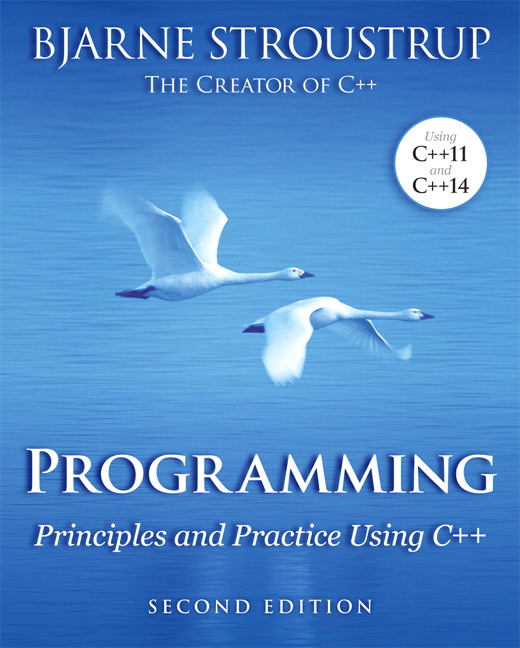Vector of Objects vs Vector of Pointers Updated -- Bartlomiej Filipek
 More in the "contiguous enables fast" department:
More in the "contiguous enables fast" department:
Vector of Objects vs Vector of Pointers Updated
by Bartlomiej Filipek
From the article:
For 1000 particles we need on the average 2000 cache line reads! This is 78% more cache line reads than the first case! Additionally Hardware Prefetcher cannot figure out the pattern -- it is random -- so there will be a lot of cache misses and stalls.
In our experiment the pointer code for 80k of particles was more 266% slower than the continuous case.


 At InformIT:
At InformIT: More rapid-fire "now write this using lambdas" problem-solution drill with Sumant Tambe:
More rapid-fire "now write this using lambdas" problem-solution drill with Sumant Tambe:
 Still on the theme of "contiguous enables fast," a followup on the recent "Fast Polymorphic Collections" article:
Still on the theme of "contiguous enables fast," a followup on the recent "Fast Polymorphic Collections" article: Stroustrup's introduction to programming book has now been updated for modern C++. The Preface was posted on InformIT:
Stroustrup's introduction to programming book has now been updated for modern C++. The Preface was posted on InformIT: